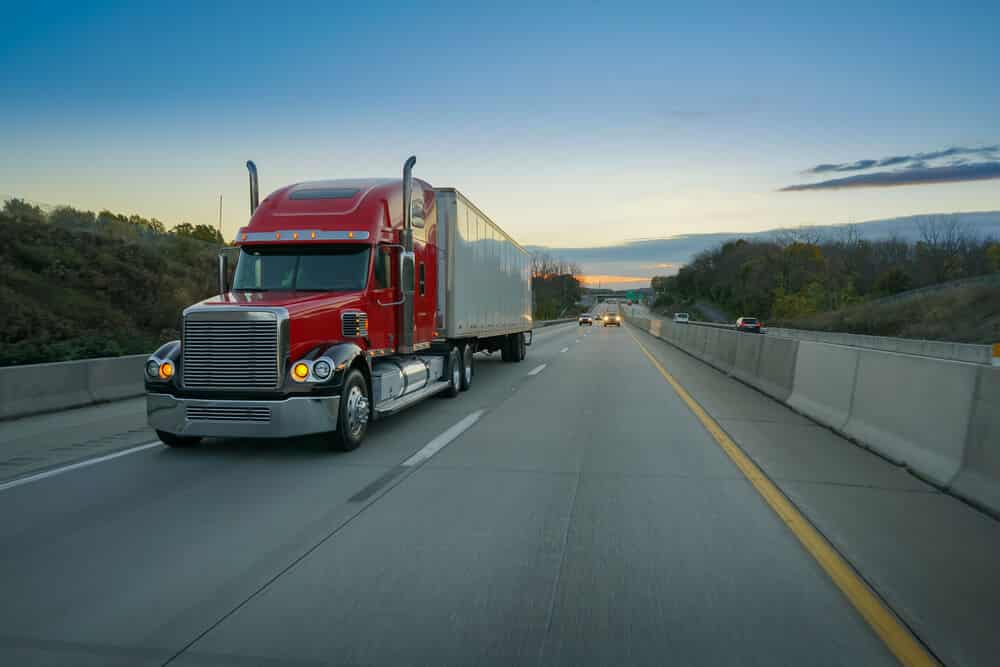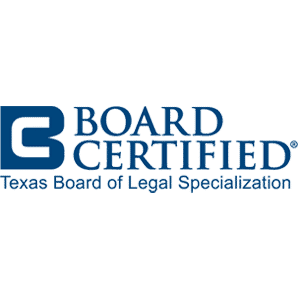Nov 5, 2018 - Truck Accident by Justin Roberts

Safety and Efficiency: Two Sides of the Same Coin
To be sure, drivers of the big rigs you see on our roads and highways shoulder a fair bit of responsibility. Their driving skills and efficiency directly affect not only the bottom line of the companies they work for, but also the larger economy. Simply put, truck driving is big business.
That’s why their behavior, their routes, their stops—practically everything they do—is logged, tracked, analyzed, and tweaked for optimal performance. Every driver answers to a fleet manager who, in turn, answers to a safety manager of some sort. It’s all part of a massive network of delivery-management and fleet operations professionals who work tirelessly to make things more efficient.
Of course, this efficiency relies in part on sound safety practices. Big rig accidents are what keep fleet managers up at night, so they’re pretty tuned into what can keep their fleets as accident-free as possible.
According to research, there is one simple practice could dramatically decrease the number of truck accidents on our roads: helping 18-wheeler drivers avoid left-hand turns. So remember that hair-raising moment you experienced while a truck turned left in front of you? It looks like there may be a way to dramatically reduce these kinds of close calls.
The Problem with Turning Left
Nobody loves taking left-hand turns. As a driver, not only do left-hand turns often require a bit of delay, but in many circumstances, they can feel somewhat dangerous. As it turns out, commercial truck drivers feel the same way. Bob Stoffel, a former Senior Vice President of UPS, has observed that, “Jutting out into traffic is also a good way to get sideswiped, especially when driving a big truck.”
This is one of several reasons that UPS has long instructed drivers to largely avoid making left-hand turns. Their website, which extensively discusses this practice, explains it this way: “Left turns mean going against traffic, which increases exposure to oncoming cars.”
Avoiding many (or even most) left-hand turns seems radical. So is there any data behind such a practice?
The Data Backs It Up
Urban planners, governments, and transportation experts are all part of ongoing research efforts to discover why automobile accidents happen. Here’s just a bit of what they’ve discovered about left-hand turns:
- One federal study shows that over half of what are known as “crossing path” crashes—those where one of the drivers is making a turn—involve left turns. Right-hand turns, on the other hand, caused just under six percent of crashes.
- A similar study by New York City’s transportation department concluded that left-hand turns cause three times as many deadly pedestrian crashes as right-hand turns.
- And when motorcycles are involved, the statistics are even worse. The National Highway Traffic Safety Administration (NHTSA) published data showing that over one-third of fatal motorcycle accidents were caused by left-hand turns.
- Another NHTSA study concluded that when it comes to crashes at intersections, vehicles turning left were responsible for a disproportionate number of accidents.
The data are certainly there. Turning left, statistically speaking, is less than ideal. But what do actual fleet managers say? And more importantly, what do they have their truck drivers do?
Ask the Fleet Managers Themselves
According to UPS, the practice of avoiding left-hand turns is not only good for safety; it’s also good for business. In explaining UPS’s rationale in avoiding left-hand turns, Mr. Stoffel noted to Fortune the following two rationales: “Number one, you have a safety factor of crossing traffic, and number two, you have the delay factor, particularly in busy roads. I’m talking commercial; I’m not talking residential roads.”
In fact, UPS saves millions of gallons of fuel each year by avoiding left-hand turns. All this while also making its drivers and other travelers statistically much safer on our roads.
The Final Word on Left-Hand Turns
UPS is not the only commercial trucking company to try and reduce left-hand turns, but it can be argued that this practice is vastly underutilized. Given the large number of truck accidents that occur every year, it may be time for companies to think creatively about how to not only improve road safety, but also their bottom line.
As always, if you’ve been injured in a truck accident due to the carelessness or negligence of another, contact our experienced Texas truck accident lawyers by filling out our contact form or calling us at (800) 248-6000.
Justin is an attorney at Roberts & Roberts and focuses his practice on mass tort litigation, where he specializes in helping individuals who are harmed by recalled or unsafe pharmaceutical drugs and medical devices. He has earned recognition as a “Top 40 Under 40” Trial Lawyer by the National Trial Lawyers. Prior to joining Roberts & Roberts, Justin served as an attorney in all three branches of Texas’s state government, including as a Briefing Attorney on the Texas Supreme Court. He also represented electric and natural gas utilities in complex regulatory proceedings before the Public Utility Commission of Texas and the Railroad Commission of Texas. Justin is a published author in the St. Mary’s Law Journal.








